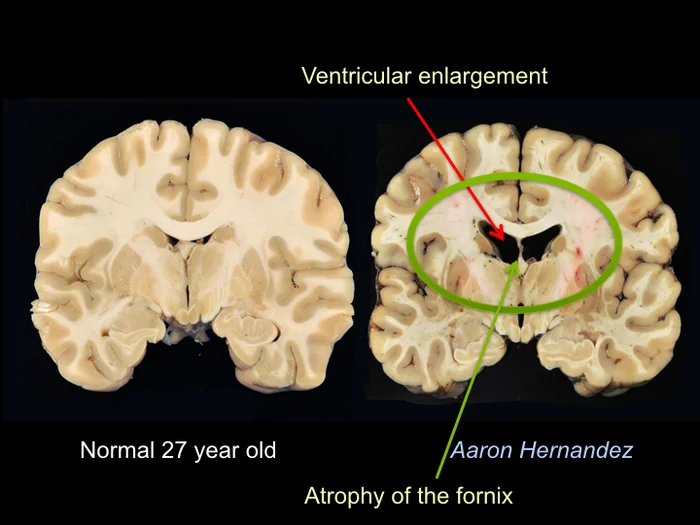Nature-Nurture Debate
1/11
There's no tags or description
Looks like no tags are added yet.
Name | Mastery | Learn | Test | Matching | Spaced | Call with Kai |
|---|
No analytics yet
Send a link to your students to track their progress
12 Terms
Define ‘nature-nurture debate’
The extent to which a person’s development is due to innate, inherited factors or to environmental influences
What does it mean if behaviour is due to nature?
This means behaviour is the product of innate, inherited factors (biological or genetic)
What does it mean if behaviour is due to nurture?
This means behaviour is seen as a product of our experience in the environment
Describe nature (nativism)
Scientists on this side of the debate argue that human behaviours are innate
Key focus of research is genetic inheritance - done using family and twin studies
Describe nativist’s beliefs about evolution
Argued that any behaviour or characteristic is adaptive (good for survival & reproduction) will be naturally selected
The genes for this behaviour/characteristic will be passed down to subsequent generations
E.g., Bowlby’s monotropic theory of attachment is adaptive since it increases the chances of an infant’s survival
Describe nurture (empiricism)
Perspective believes that humans are born without any innate behaviours and that the mind is a blank slate on which experiences are written (Locke)
Focus on the role of nurture is a key part of the behaviourist & SLT approach - both approaches explain behaviour in terms of learning from the environment
Describe Lerner (1986) different levels of the environment
May be defined in narrow pre-natal terms e.g., mother’s physical and psychological state during pregnancy
Or defined more generally through post-natal experiences such as social conditions the child grows up in or cultural/historical context they are part of
Describe the interactionist approach
The view that both nature and nurture work together to shape human behaviour
E.g., diasthesis-stress model suggests that we might genetically inherit a vulnerability to certain disorders but this must also be triggered by an event which we experience
Combination of nature and nurture is used to explain onset of illness
AO3 - Describe how it is difficult to separate nature and nurture
For example - in twin studies, it is often very difficult to tell whether high concordance rates in MZ twins are as a result of the shared genes (nature) or shared environments and upbringing (nurture)
Another difficulty comes from epigenetics - a change in gene activity without changing our genetic code
Environmental influences (nurture) can switch on certain genes (nature)
E.g., MZ twins share 100% of the same genes but they may differ in appearance due to their diet - demonstrating how genetics and the environment are far less separate than first assumed
AO3 - Describe now nurture can affect nature
McGuire et al (2000) - study of London taxi drivers
Found that the region of their brains associated with spatial memory (hippocampus) were bigger than a control group
Number of years of experience correlated with the number of neural connections in this area
Aaron Hernandez - American professional football player who was arrested and convicted for murder
He was diagnosed with chronic traumatic encephalopathy (CTE) - a disease which causes impulsive and aggressive behaviour
His case was severe for someone of his age (27 years old) with damage to areas of the brain involved in impulse control and behaviour - areas such as hippocampus and frontal lobe
The disease is caused/linked to repeated head trauma - repeated head trauma due to football (nurture) altered his brain structure (nature) which led to personality changes and lack of inhibitions, leading to his eventual conviction
This suggests that learning from the environment can influence our internal biology from a very early age - further illustrating the difficulty in investigating nature and nurture in isolation

AO3 - Describe the ethical implications of the nature-nurture debate
Goddard (1917) - issued IQ tests to immigrants as they arrived in the USA
Conclusion - majority of Russians and Jewish people etc. we’re ‘feeble’ minded
Shockley (1952) caused controversy by suggesting that there were genetic reasons as to why black people in America scored lower on IQ tests than white people
This suggests that taking a purely nativist stance when conducting research in socially sensitive areas (e.g., race) can have a negative impact on people’s lives - this ignores the environmental factors that contribute to the behaviours being studied
AO3 - There is evidence to support the interactionist position
Tienari et al (2004) - compared adopted children whose biological mother had Sz to a control group of adoptees without any genetic risk
Findings: much higher rate of Sz amongst those whose biological mothers had Sz
However it was found that a ‘healthy’ adoptive family could protect against those with a high genetic risk of developing Sz
This is suggests that influences from nature and nurture ‘interact’ to dictate the risk of developing Sz - nature providing the potential and nurture acting as a necessary ‘trigger’